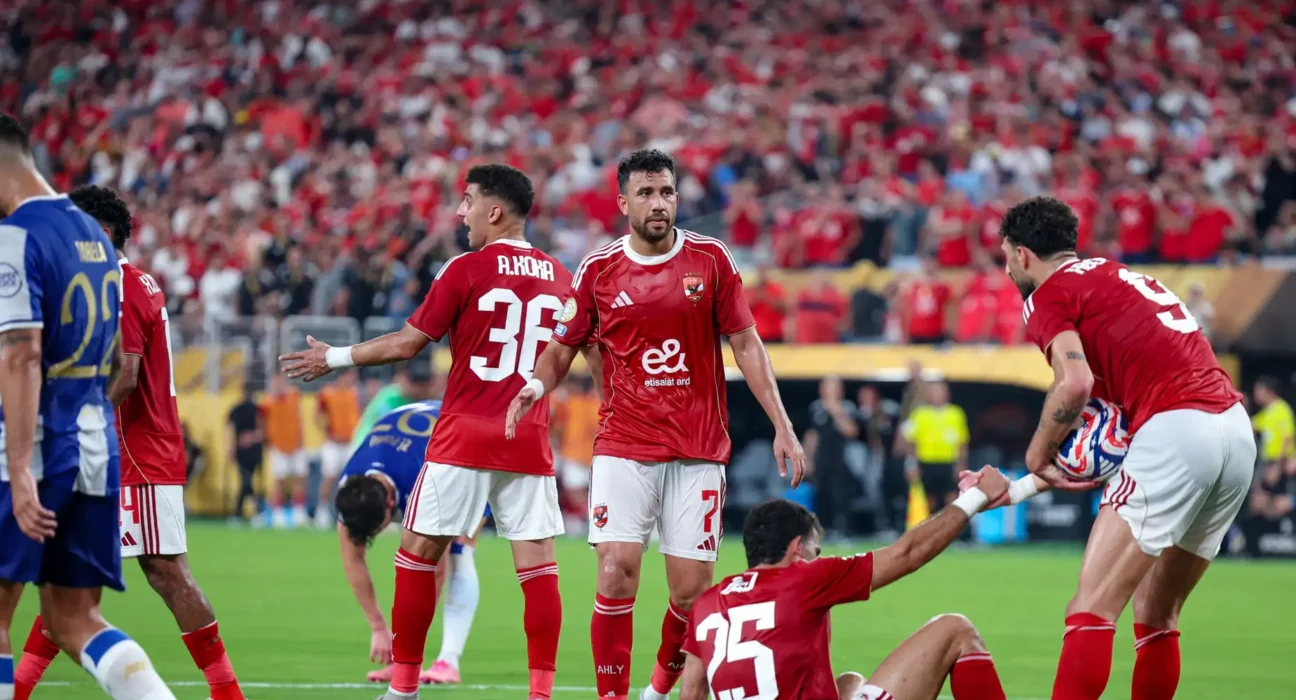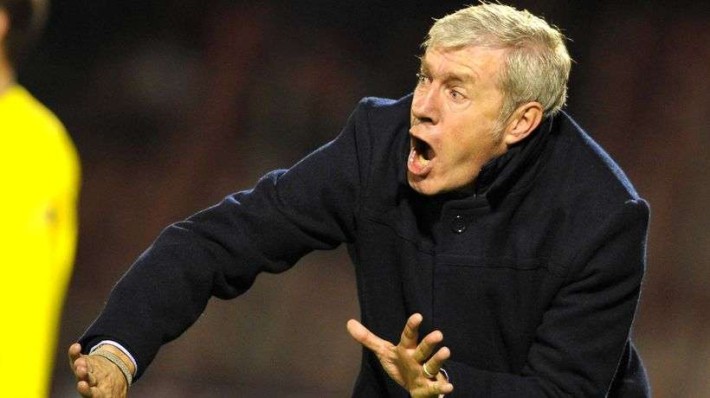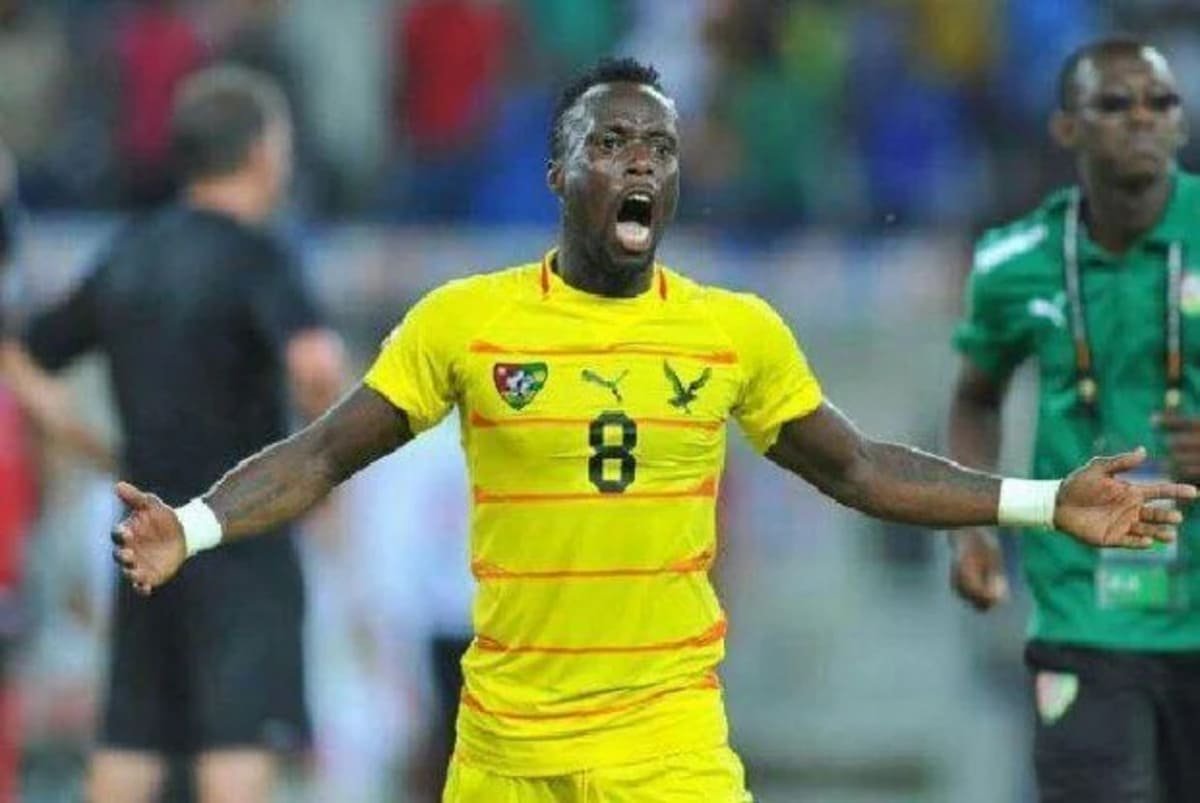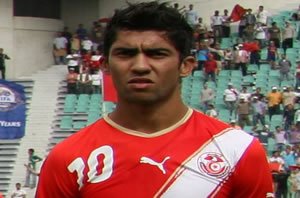African clubs endured a difficult outing at the 2025 FIFA Club World Cup, with all four representatives—Wydad Casablanca, Al Ahly, Mamelodi Sundowns, and Esperance—bowing out in the group stages.
All the four African representatives at the competition in the USA exited in the group stage after managing just two wins in 12 matches.
On paper, the results suggest a collective underperformance. But the reality is more nuanced. Africa’s participation in the expanded global showpiece exposed a continent rich in talent but hampered by longstanding structural limitations that go beyond the pitch.
The task for the African quartet was formidable from the outset. Each team was placed in a group alongside giants of European and South American football. Porto, Juventus, Manchester City, Borussia Dortmund, Flamengo, Fluminense, and Palmeiras featured among the opposition.
These are clubs with decades of high-level infrastructure, investment, and elite player development—an ecosystem Africa is still striving to build.
That said, preparation problems also plagued the African teams. Wydad’s inclusion came during a prolonged period of instability. Their squad was cobbled together at the last minute, and the performances reflected that reality.
Esperance’s form in African competition had already raised red flags, while Al Ahly were visibly drained after a taxing domestic and continental campaign. Sundowns, too, arrived wounded, still reeling from their dramatic loss to Pyramids FC in the CAF Champions League final.
Still, glimpses of promise emerged. Al Ahly’s thrilling 4-4 draw with Porto marked a historic feat—it was the first time an African team had scored four goals against a European opponent at the Club World Cup. The Egyptians showed fight and creativity but were ultimately let down by missed chances, including a costly penalty in their opening game against Inter Miami.
Mamelodi Sundowns offered flair and ambition, drawing praise for their attack-minded style against Borussia Dortmund. They pushed the Germans to the limit, narrowly losing 4-3 in a match that showcased the club’s bold identity. Esperance earned a hard-fought 1-0 win over MLS side Los Angeles FC, while Sundowns added Africa’s second win with a 2-1 victory against South Korea’s Ulsan Hyundai.
Even Wydad, despite losing 2-0 to Manchester City, produced a courageous first half and nearly drew level before succumbing to the English champions’ quality.
Yet these encouraging moments couldn’t mask the wider issue—Africa’s clubs are still trailing far behind their global counterparts in critical areas.
The market value of the four African squads told its own story. Al Ahly’s €50 million valuation was the highest among them, followed by Sundowns (€35 million), Esperance (€20 million), and Wydad (€18 million). In comparison, the squads they faced boasted budgets many times higher.
Modern football is shaped by investment. Infrastructure, sports science, youth development, global scouting networks, and commercial resources drive performance. While Africa has an abundance of talent, it still lacks the framework to support that talent consistently at the elite level.
What remains most concerning is not the early exit itself, but whether African football authorities will take meaningful lessons from this experience. It’s not the first time African clubs have exited early, but each tournament now offers a louder warning bell.
Exhaustion—both mental and physical—was also a common thread. The congested calendars, lack of rest between CAF tournaments and domestic leagues, and limited squad depth put African players under immense strain. European teams deal with similar challenges, but they do so with bigger squads, better rotation strategies, and greater financial buffers.
And yet, this Club World Cup showed that African clubs are not far off from being consistently competitive—if only the gaps off the pitch could be closed. What’s needed now is reform, not regret.
For Africa to compete with the world’s best, it must address its governance issues, invest in long-term development, build sustainable club models, and prioritize strategic partnerships. The seeds of progress exist, but they require nurturing through vision, discipline, and accountability.
The latest World Cup campaign won’t be remembered for the scorelines alone. Instead, it should serve as a moment of collective reckoning for African football—a prompt to reimagine, restructure, and rise.
Until then, moments like Al Ahly’s flurry against Porto or Sundowns’ artistry against Dortmund will remain isolated flashes of brilliance in a broader narrative of unfulfilled potential.












